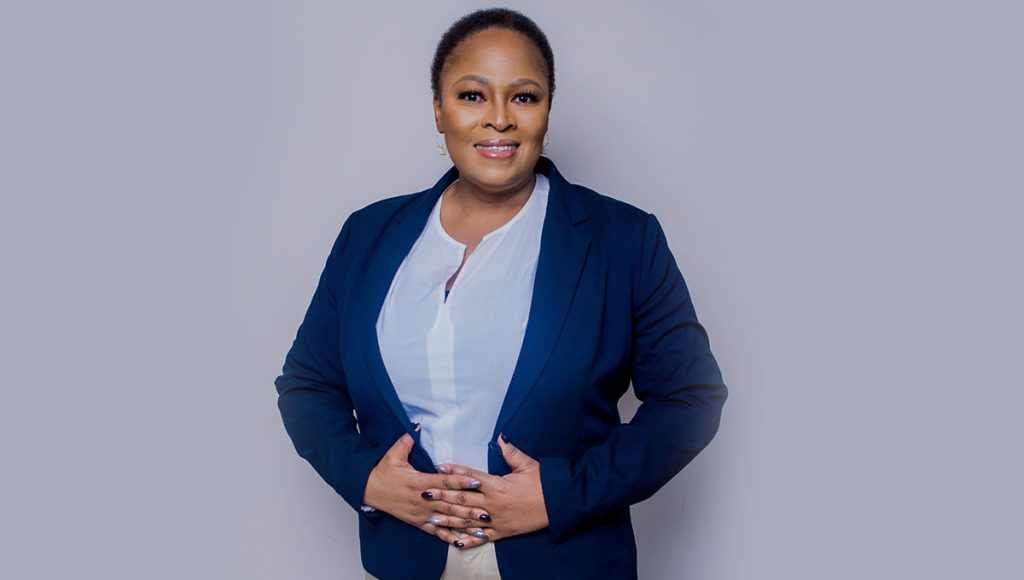In the dynamic landscape of contemporary business, the call for gender diversity in leadership positions resonates louder than ever before. The empowerment of women in the boardroom not only reflects ethical imperatives but also drives enhanced performance, innovation, and sustainability within organisations.
As the global community strives for greater inclusivity, businesses in Botswana and across the African continent are embracing strategies to achieve gender diversity at the highest levels of decision-making. One of the foremost strategies in fostering gender diversity is proactive recruitment and selection processes.
By actively seeking out qualified female candidates for board positions, companies can expand their talent pool and bring diverse perspectives to the table. In Botswana, some organisations have made significant strides in this regard by implementing gender-inclusive recruitment policies and even going further to set a quota for representation of women in their boards .
For example, by establishing partnerships with women’s leadership networks and professional organisations, Debswana has access to a broader range of female talent, ensuring that their board reflects the diverse demographics of their workforce and customer base. Furthermore, mentorship and sponsorship programmes play a pivotal role in nurturing the leadership potential of women within corporate environments.

These initiatives provide aspiring female leaders with guidance, support, and networking opportunities essential for career advancement. For instance, in countries like Nigeria and Kenya, organisations such as Women in Business Network (WIBN) and African Women Leadership Institute (AWLI) offer mentorship programmes tailored to empower women in navigating the complexities of corporate leadership. Through mentorship, women gain valuable insights, skills, and confidence necessary to excel in boardroom roles.
Moreover, the implementation of transparent performance evaluation processes can help mitigate biases and promote meritocracy in board appointments. By establishing clear criteria for assessing leadership competencies and accomplishments, companies can ensure that board positions are awarded based on merit rather than gender. In South Africa, the King IV Report on Corporate Governance, which is also applicable for Botswana, advocates for transparent and merit-based selection processes to promote gender diversity in corporate leadership. By adhering to these principles, companies uphold the principles of fairness and equality, creating an environment where women are empowered to thrive.
In addition to internal initiatives, fostering partnerships with external stakeholders can amplify efforts towards gender diversity in the boardroom. Collaborating with government agencies, non-profit organisations, and industry associations can provide companies with access to resources, best practices, and advocacy platforms dedicated to promoting gender equality.
For example, the Gender and Equality Commission in Botswana collaborates with businesses to develop policies and initiatives aimed at advancing women’s representation in leadership positions. By leveraging these partnerships, companies can demonstrate their commitment to gender diversity while tapping into valuable networks and support systems. Furthermore, creating a culture of inclusivity and equity is essential for retaining and advancing female talent within organisations.
Companies must cultivate environments where women feel valued, respected, and empowered to contribute their unique perspectives. In Ghana, organisations like Women’s Social Leadership Development Programme (WSLDP) work with companies to foster inclusive cultures through training, awareness campaigns, and policy advocacy.

By embracing diversity and inclusivity as core values, companies not only attract top female talent but also foster a conducive environment for women to thrive in leadership roles. Moreover, promoting work-life balance and flexible working arrangements can facilitate greater participation of women in boardroom positions. Recognising the diverse needs and responsibilities of female employees, companies can implement policies that accommodate caregiving responsibilities, personal development, and career advancement.
Offering flexible working hours, telecommuting options, and parental leave policies to support the work-life balance of one’s employees. By prioritising employee well-being and flexibility, companies demonstrate their commitment to fostering an inclusive workplace where women can excel in leadership roles.
Additionally, fostering a pipeline of female talent through targeted leadership development programmes is essential for building a sustainable pool of women leaders. By investing in leadership training, mentorship, and career development opportunities, companies can nurture the next generation of female leaders and prepare them for boardroom roles.
In conclusion, achieving gender diversity in the boardroom is not just a moral imperative but a strategic imperative for businesses seeking to thrive in the 21st century. By implementing proactive recruitment strategies, mentorship programmes, transparent selection processes, and fostering inclusive cultures, companies in Botswana and across Africa can empower women to take on leadership roles and drive organisational success. Through collaboration with stakeholders, promotion of work-life balance, and investment in leadership development, businesses can create environments where women are valued, respected, and empowered to contribute their full potential to the boardroom and beyond. By embracing diversity and inclusion as fundamental principles, companies can pave the way for a more equitable and prosperous future for all.
By Mpho Moletlo Kgosietsile

